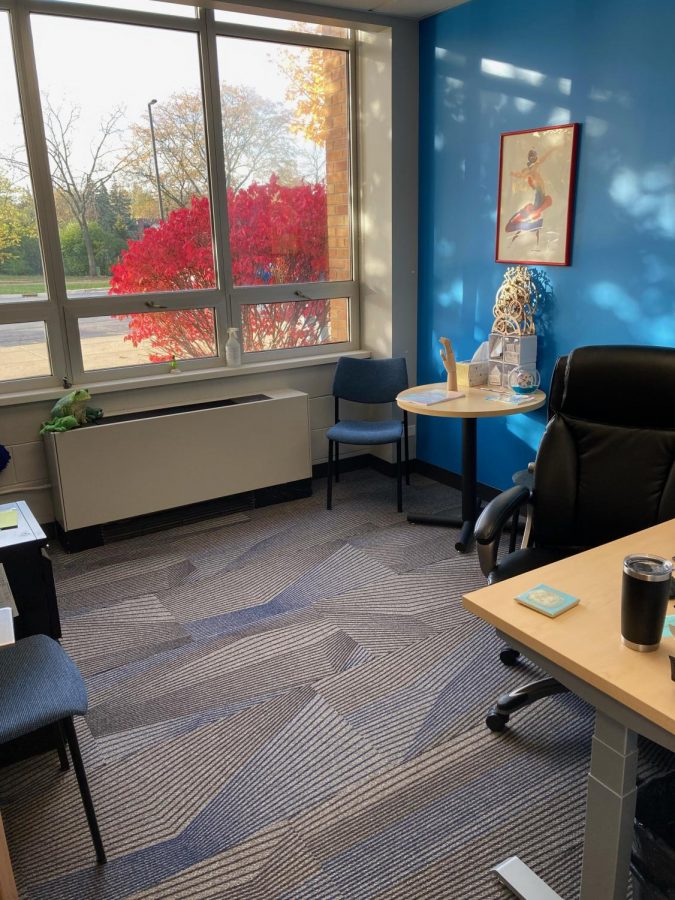Gen Z’s roadblock to receiving emotional support: Parents’ aversion to therapy
December 6, 2021
As of 2021, according to the Center for Disease Control and Prevention, over 4.4 million Gen Z students in the United States have been diagnosed with anxiety. Gen Z’s access to therapy has increased over the years, but some parents are resistant to the cause.
DGS Licensed Clinical Social Worker Tracey Salvatore is one of the many professionals hired to aid students. She speaks on how DGS provides help to students who might feel as though they can’t access aid due to a family with an aversion to therapy.
“I mean fear comes from what we don’t know, and worried thoughts can be really damaging. Just come talk to somebody or talk to a friend that talks to somebody so that they can help encourage you,” Salvatore said.
Salvatore builds on the ways students could get help by mentioning the Counseling and Support Services at DGS, which is a department found in the school or through the DGS website.
“We work here for a reason. We work here because the district understands that you are whole people and you’re not just about a report card, you’re not just about academics and so we truly do want to support the social and emotional needs of each student,” Salvatore said.
To help students who can’t access the DGS Counseling and Support Services during the school day, Salvatore mentions the programs and services outside of school that therapy agencies offer.
“Students can access mental health support from agencies, like get therapy without parental consent for up to five to seven sessions. Most often students do access therapy in the community with parental involvement, but there are occasions where parents will not consent, for a variety of reasons. That young person can access at least limited services on their own too,” Salvatore said.
As a senior at DGS, Catherine Gadomski is an open advocate for students receiving therapy. She explains why she believes that every student that wants to go to therapy should have the option to do so.
“I think the benefits are helping find yourself because sometimes you can’t do it on your own and sometimes you need the help like putting the puzzle together,” said Gadomski.
Despite some families’ distaste for Gen Z’s want to get therapy, the benefits as told by students and professionals outway the criticisms.
